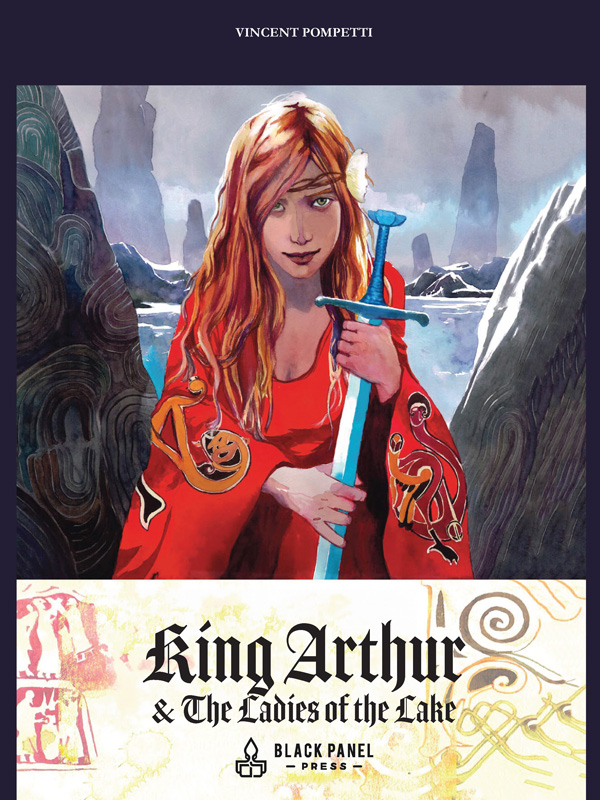Click ☝️ to view inside
Camp Pock-a-Wocknee & The Dynomite Summer of ’77
$14.99 – $29.99
“Adolescent romance and mischief animate an endearing, gleefully raunchy coming-of-age tale.” – Kirkus Reviews
Camp Pock-a-Wocknee & the DYN-O-MITE Summer of ‘77 is a coming-of-age graphic novel celebrating the traditions, friendships, and idiocy that make up summers at Jewish sleepaway camp. Combining the nostalgic mood of The Wonder Years, the raucousness of Superbad, and the adolescent angst of Pen15, this 300-page graphic novel juxtaposes classic, black and white, comic strip art with an R-rated story to capture the tension created when the innocence of childhood crashes into the messiness of adolescence.
Also available at these retailers:






Additional information
| Format | |
|---|---|
| Genre | Slice of Life |
| Language | English |
| Pages | 304 |
| Rating | Adult |

Camp Pock-a-Wocknee & The Dynomite Summer of ’77
–OR GET IT AT ONE OF OUR RETAILERS–
















